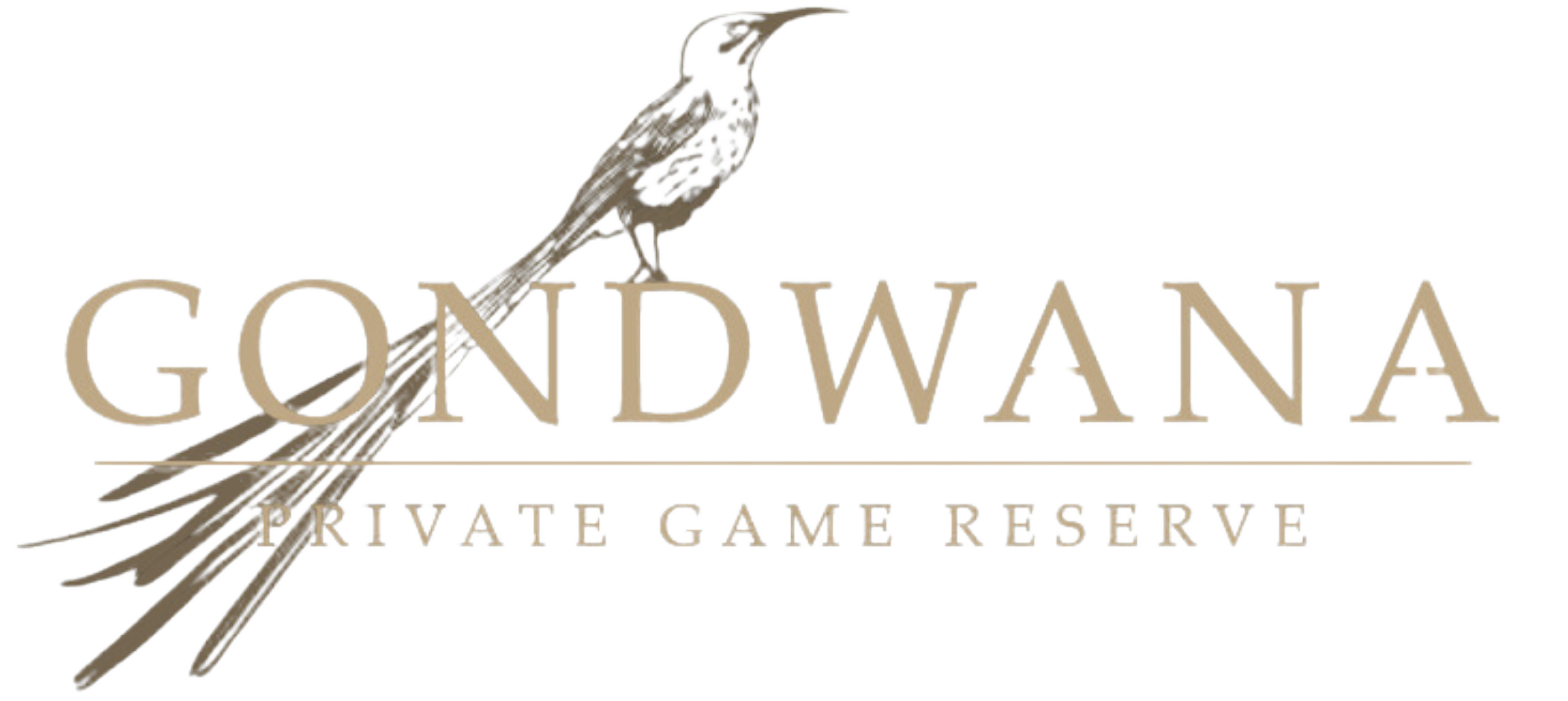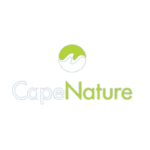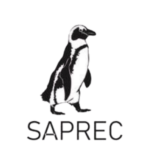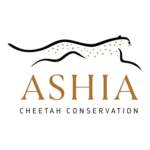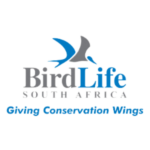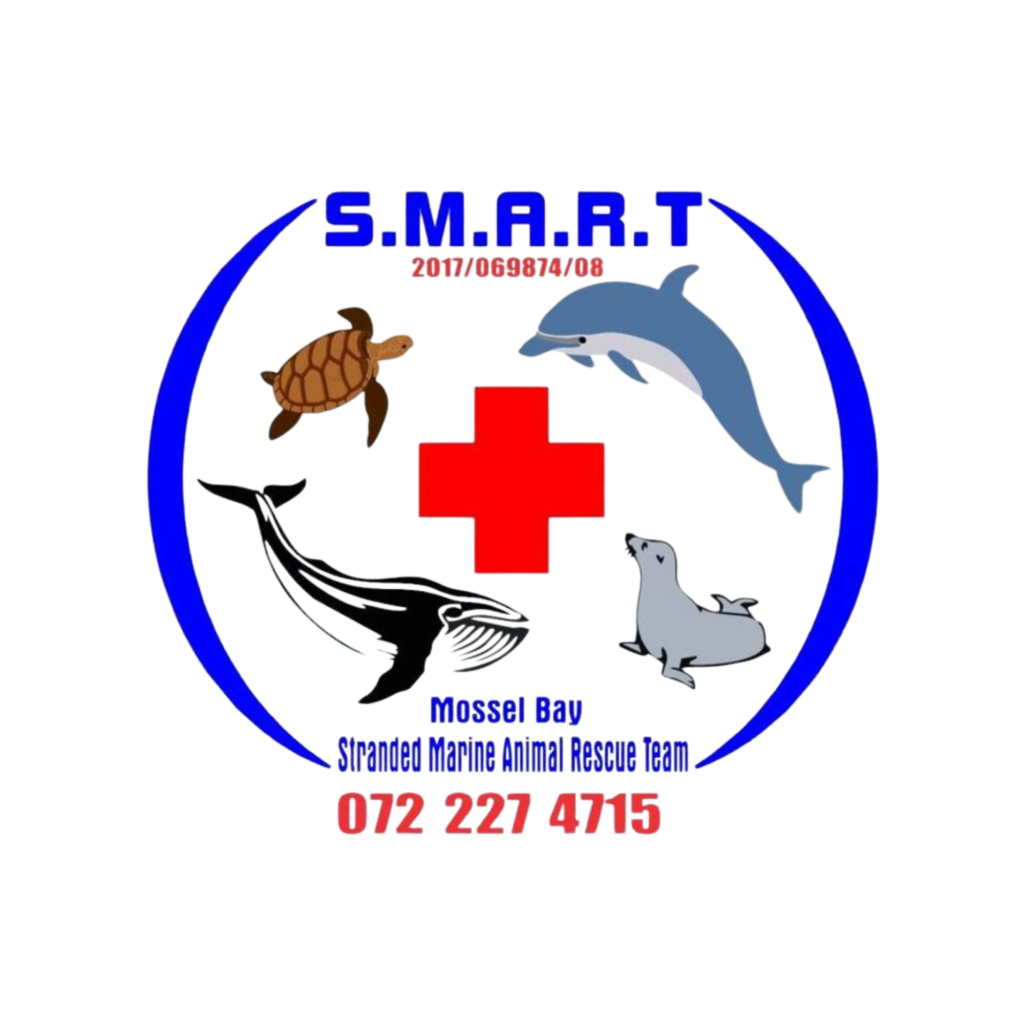
Embark on an unforgettable Adventure
Hands-on, Veterinary Wildlife & Conservation Program
Our standard program is presented in English, with dedicated slots also available in French & Spanish
Our Program
Embark on a unique wildlife adventure in South Africa’s malaria-free region, tailored to your background and interests.
Wildest Vet now offers two distinct terrestrial programs:
- A Veterinary Program designed for qualified vets, vet students (from 1st year), and experienced vet nurses,
- A Conservation Program open to anyone passionate about wildlife – including future animal caretakers, biologists, zoologists, and aspiring vets.
Each session is a hands-on, reality-based educational journey into wildlife care and conservation. You’ll work closely with experienced wildlife professionals and veterinarians, encounter iconic African species, and gain a deep understanding of fieldwork in conservation.
Programs are open to participants aged 18 and above. Groups are limited to 10 participants to ensure a personal and immersive experience.
Hands-On Experience
Work directly with terrestrial and marine species.
Expert Guidance
Learn from experienced wildlife veterinarians.
Exclusive Opportunity
Limited to 10 participants for personalized attention.
Program Outcomes
Our program aims to provide participants with an immersive and practical experience in wildlife veterinary conservation and management. You will:
- Participate in rescue and rehabilitation efforts for endangered species.
- Develop essential skills in wildlife handling, identification, and data collection.
- Work alongside experienced wildlife veterinarians in both terrestrial and marine settings.
Course Highlights
Terrestrial Animals:
- Capture Techniques: Learn both chemical and physical immobilizing and handling techniques.
- Animal Transportation & Sedation: Methods to reduce stress during transport.
- Drug Protocols: Tailored for various situations and challenges.
- Darting Procedures & Techniques: Master the art of darting for safe capture.
- Relocation Techniques & Equipment: Effective strategies and tools for animal relocation.
- Disease & Parasite Diagnosis and Control: Critical knowledge for maintaining animal health.
- Helicopter Procedures & Safety: Safety measures and procedures for aerial operations.
- Telemetry Tracking: Techniques for tracking and monitoring wildlife.
- Anti-Poaching Measures: Strategies to combat poaching and protect wildlife.
Marine Animals:
- Capture & Restraint Techniques: Safe methods for capturing and handling marine species.
- Species Exposure: Work with sea turtles, sea lions, penguins, and seabirds.
- Rescue, Transportation, Medical Stabilization, Rehabilitation, & Release: Comprehensive training in the rescue and care of marine animals.
- Anatomy, Biology, Diagnosis: In-depth understanding of marine species.
- Clinical Approach to Treatment: Practical skills in treating marine animals.
- Anesthetics for Marine Animals: Techniques for safely anesthetizing marine species.
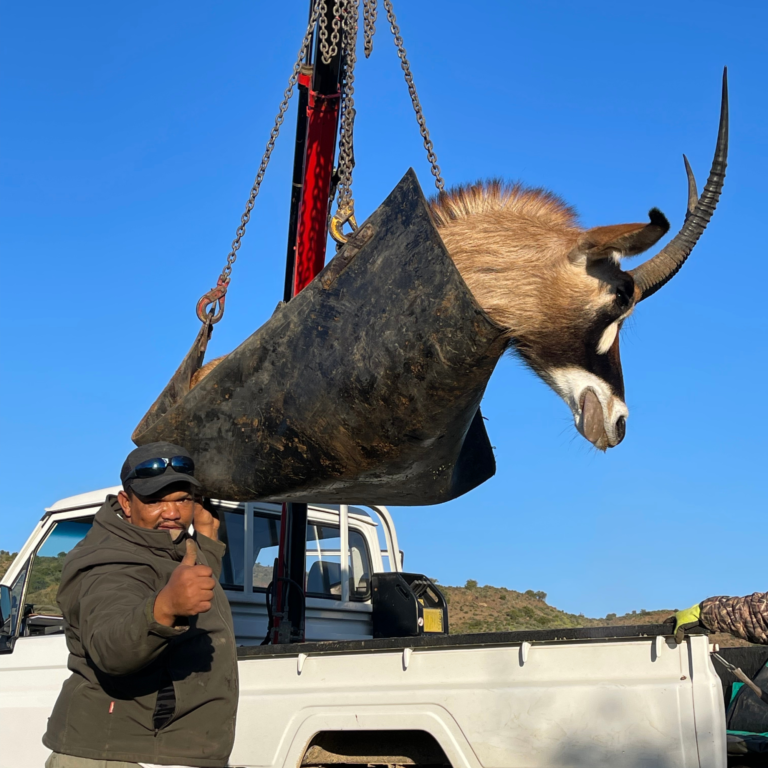
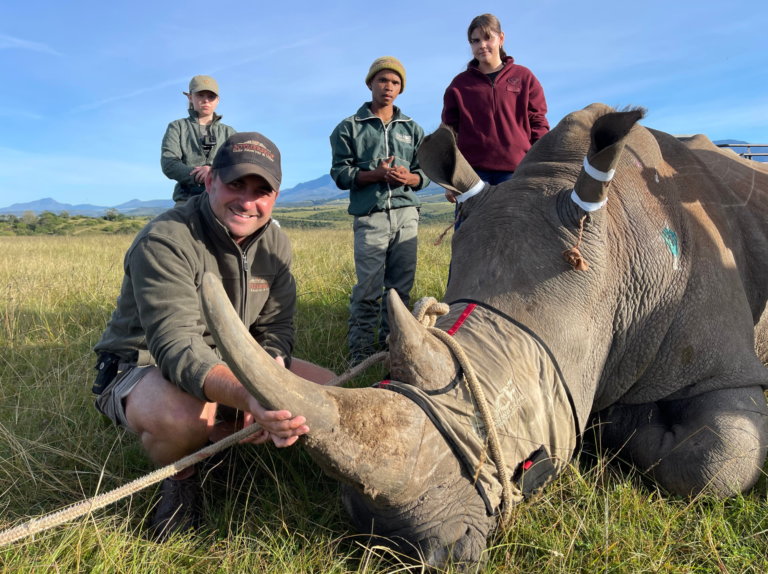
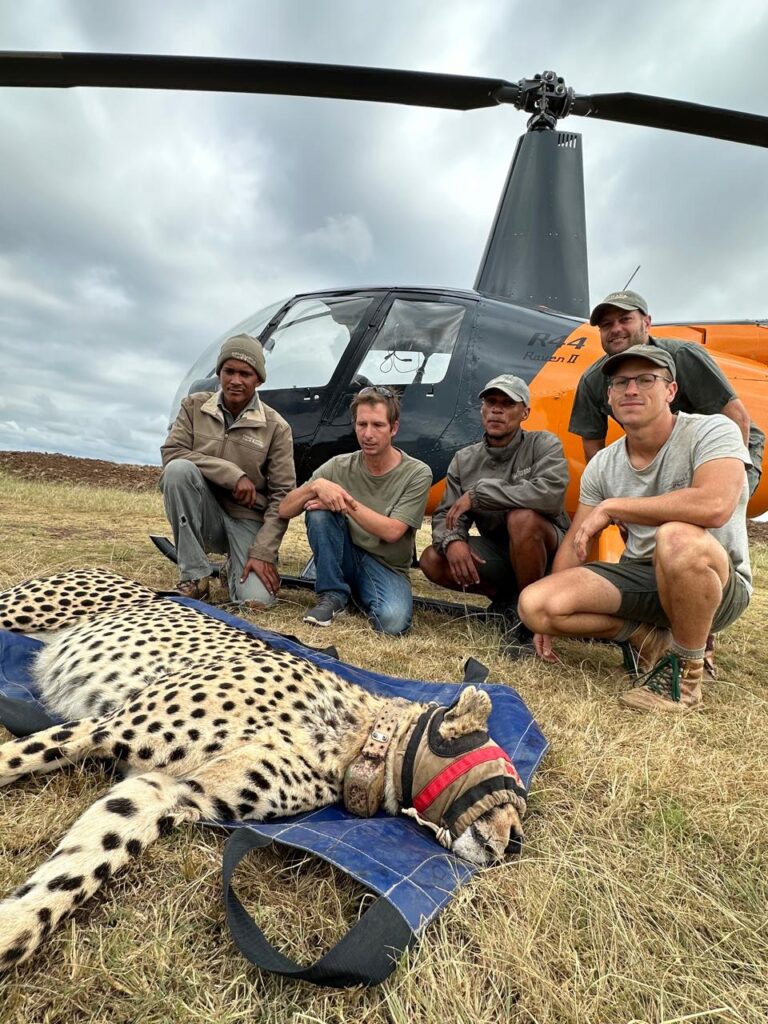

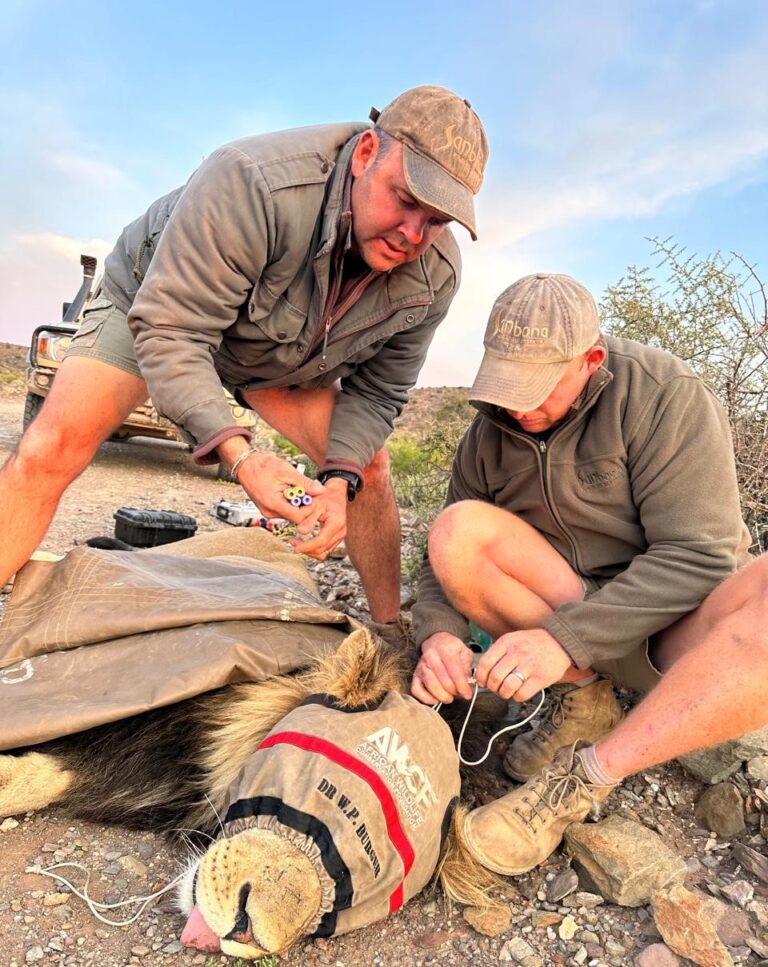
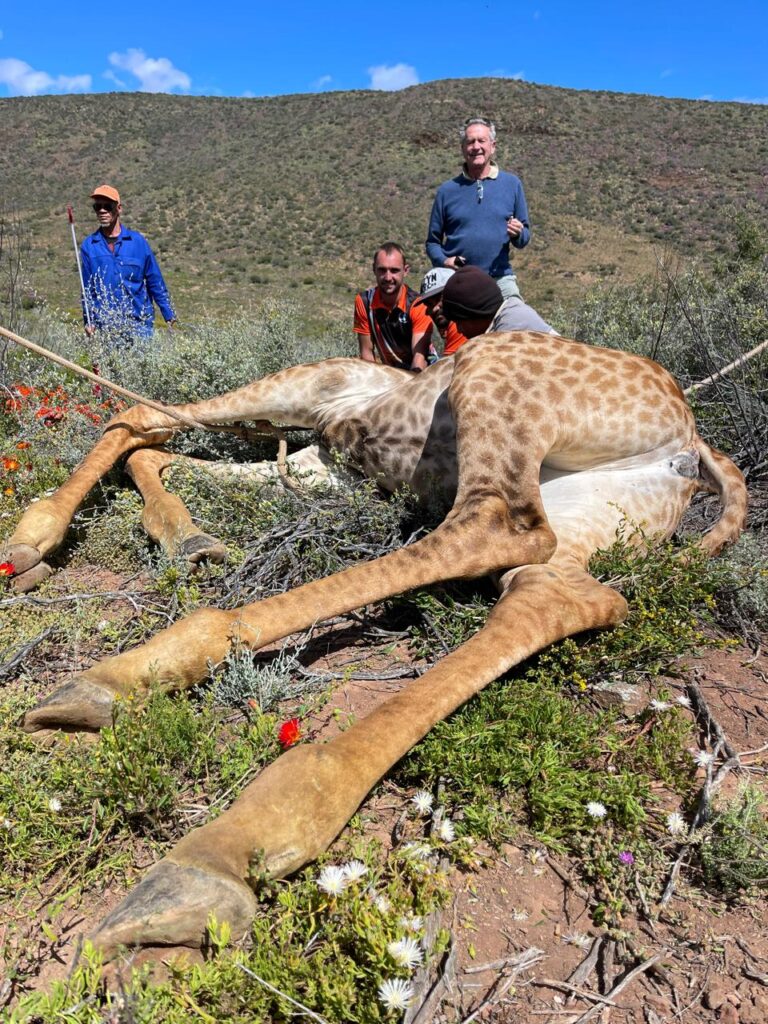
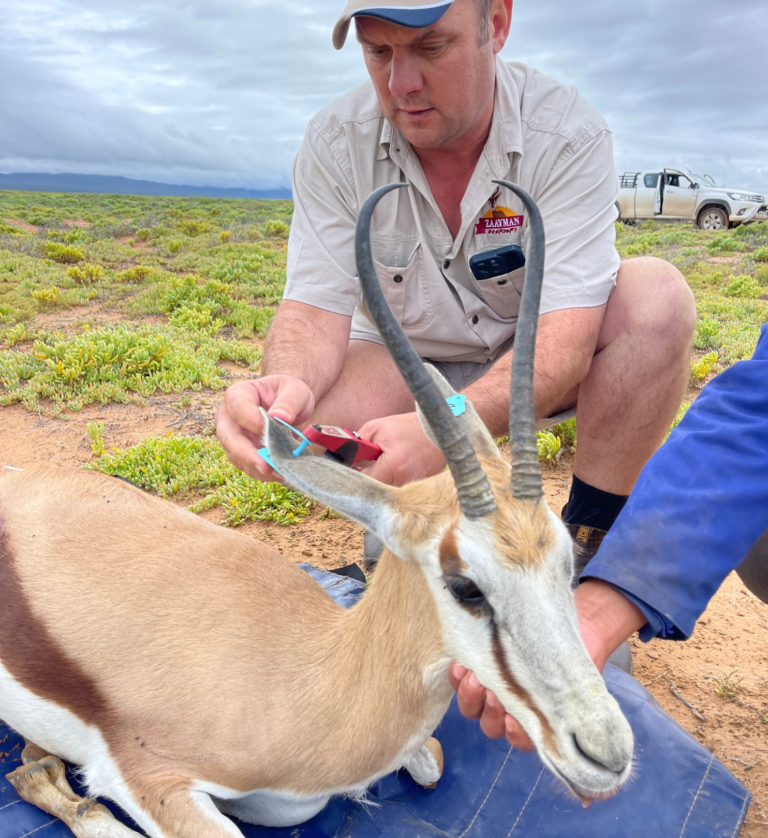
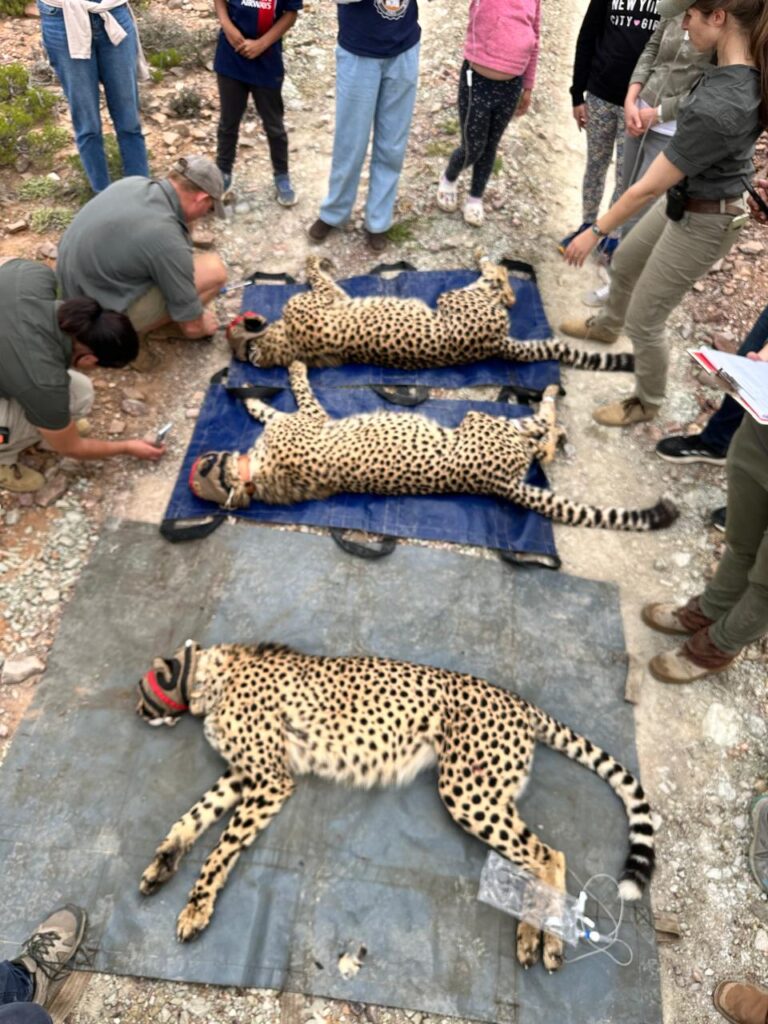
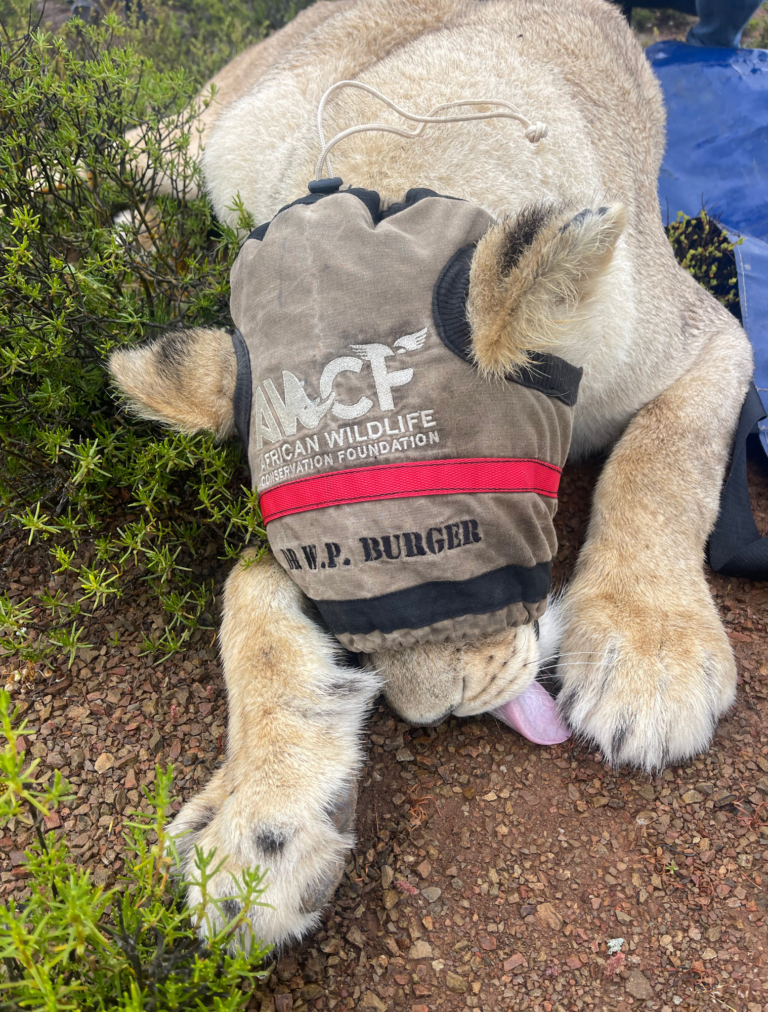
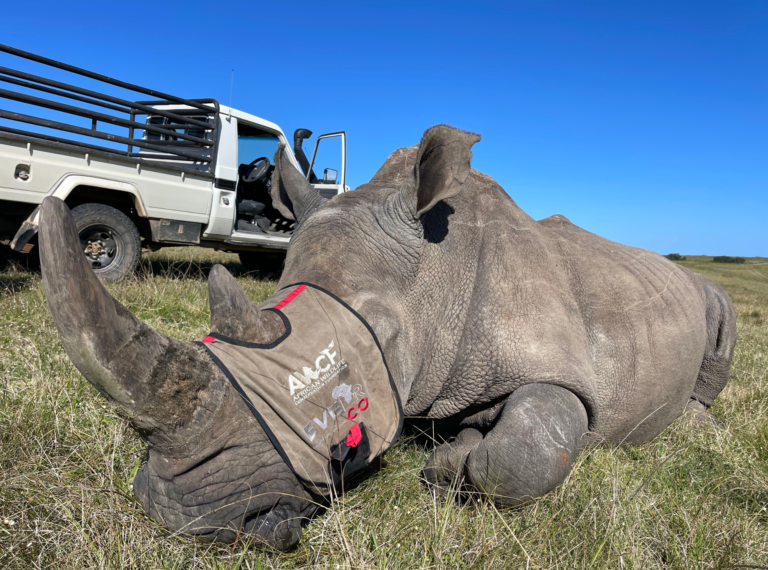
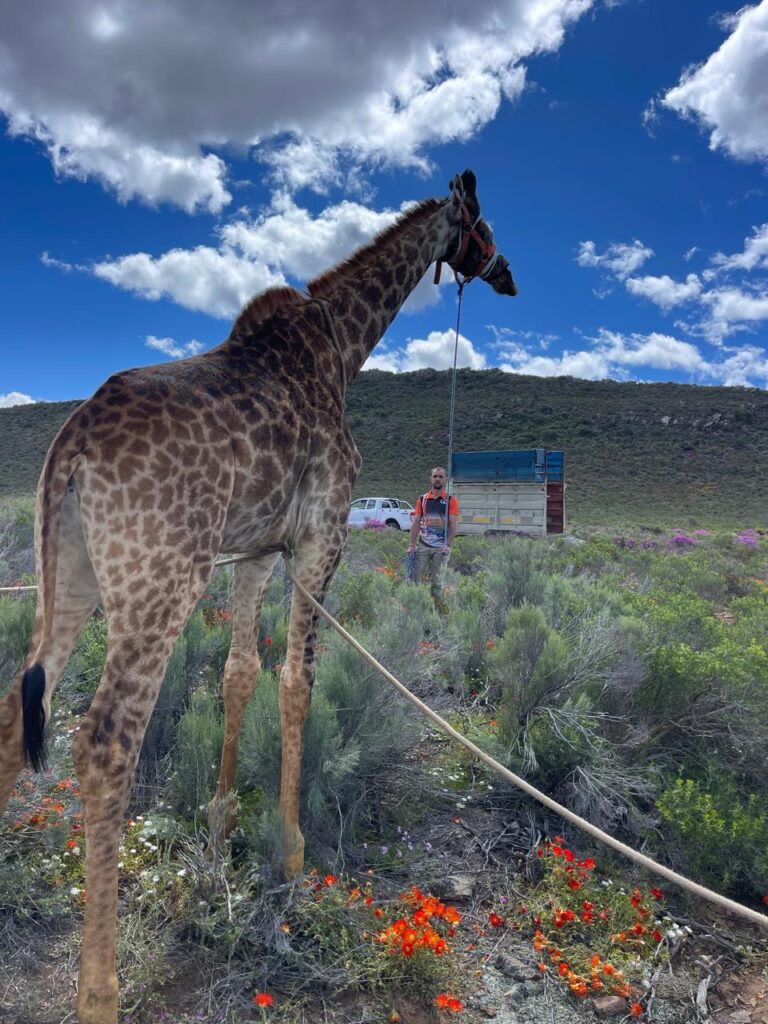
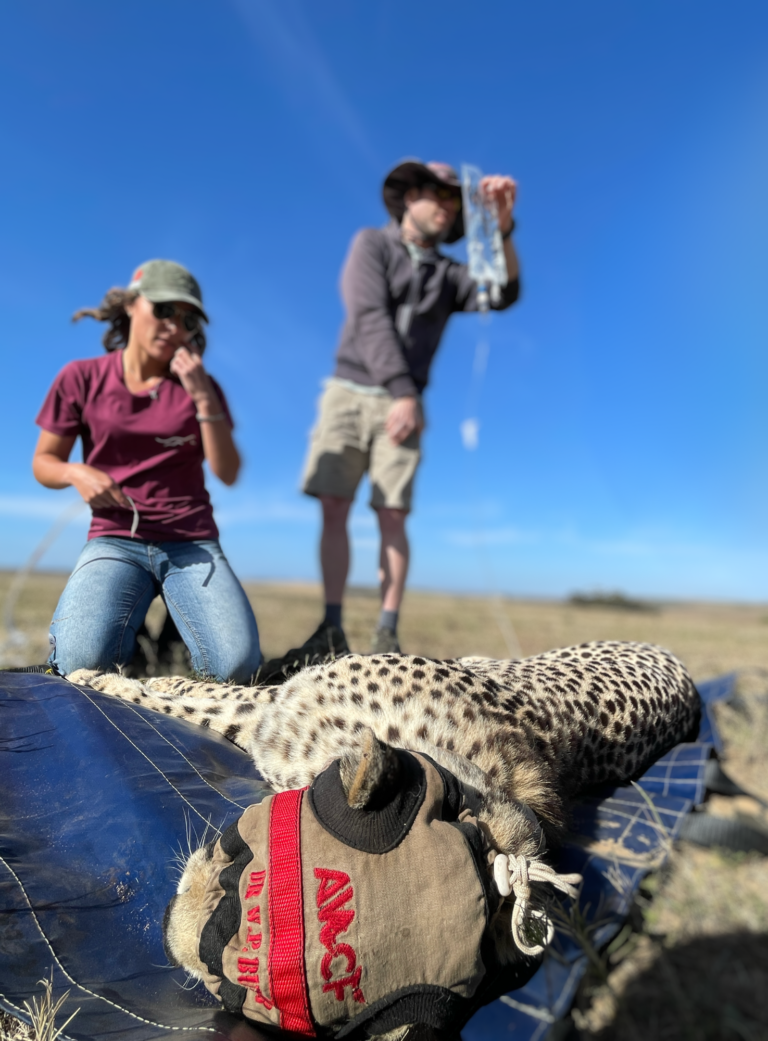
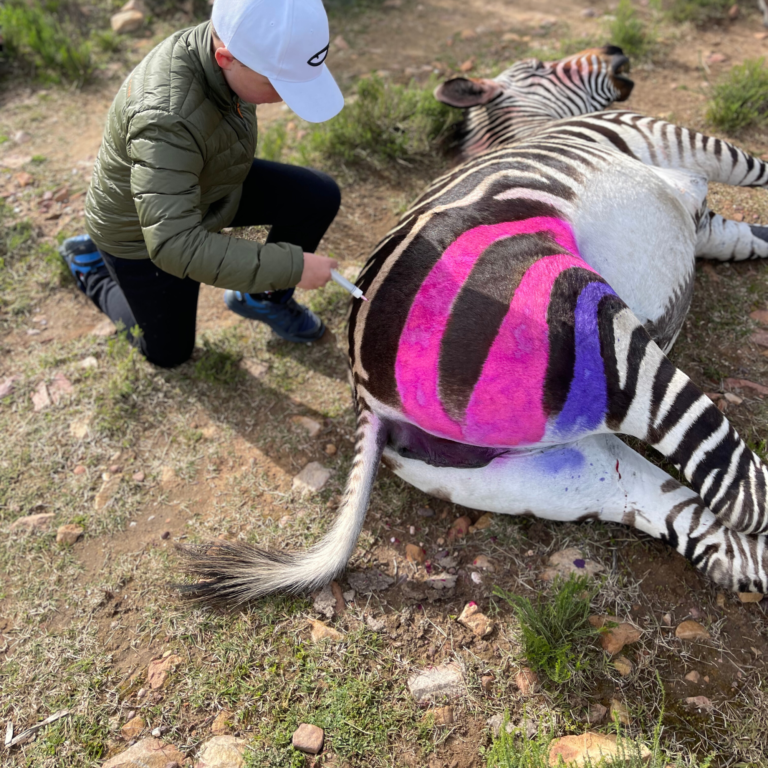
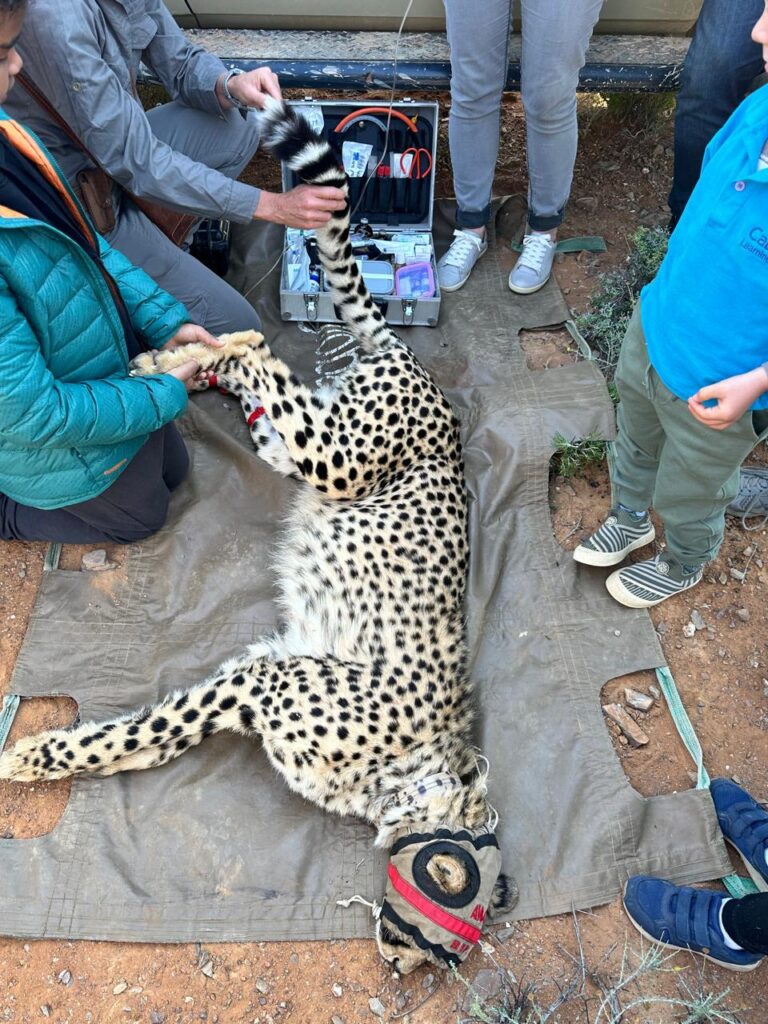
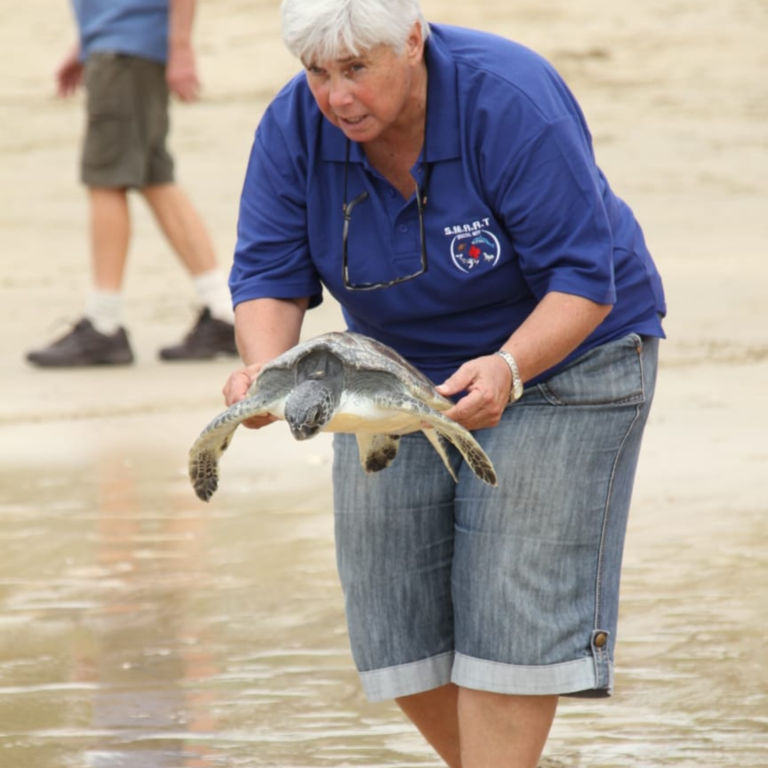
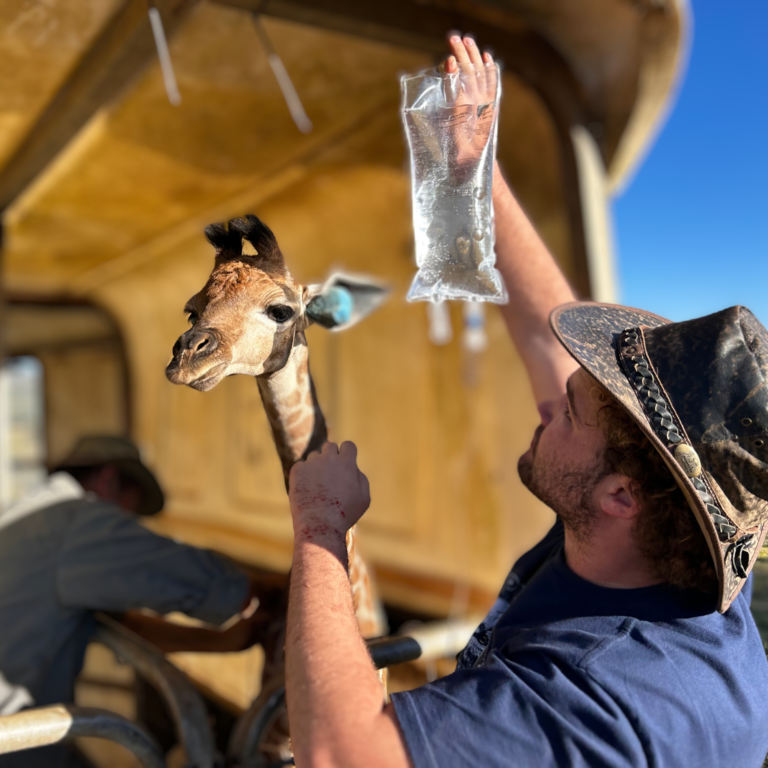
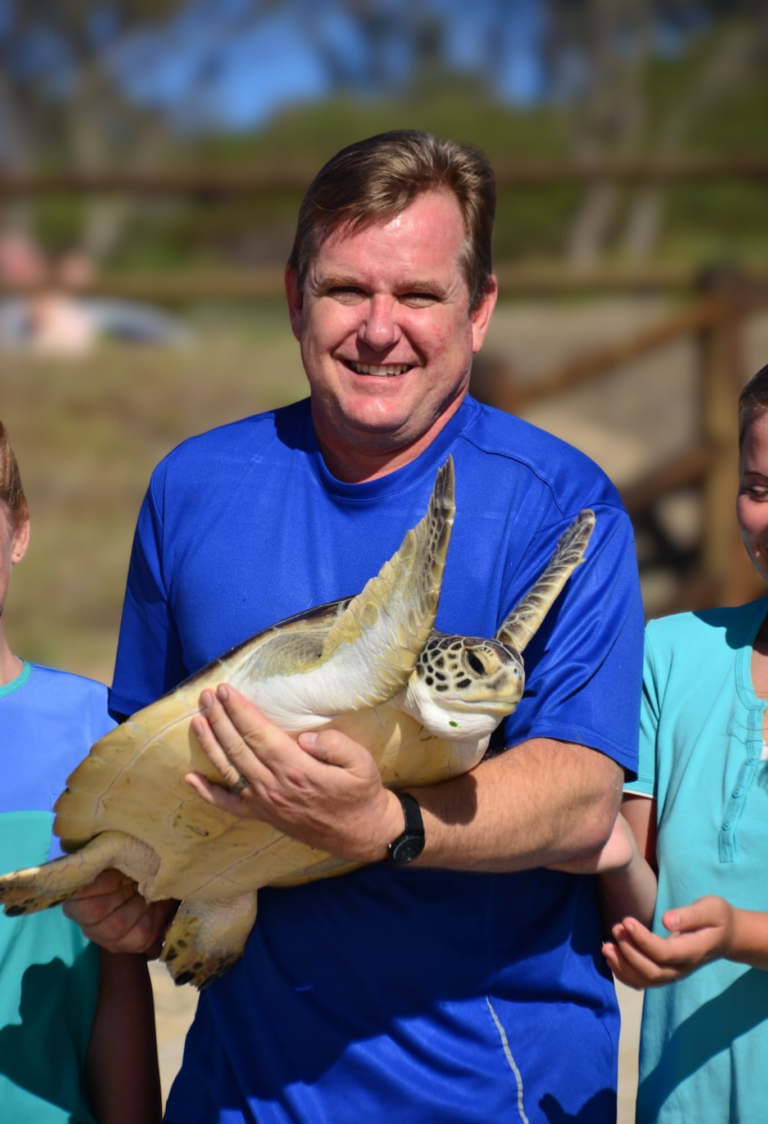
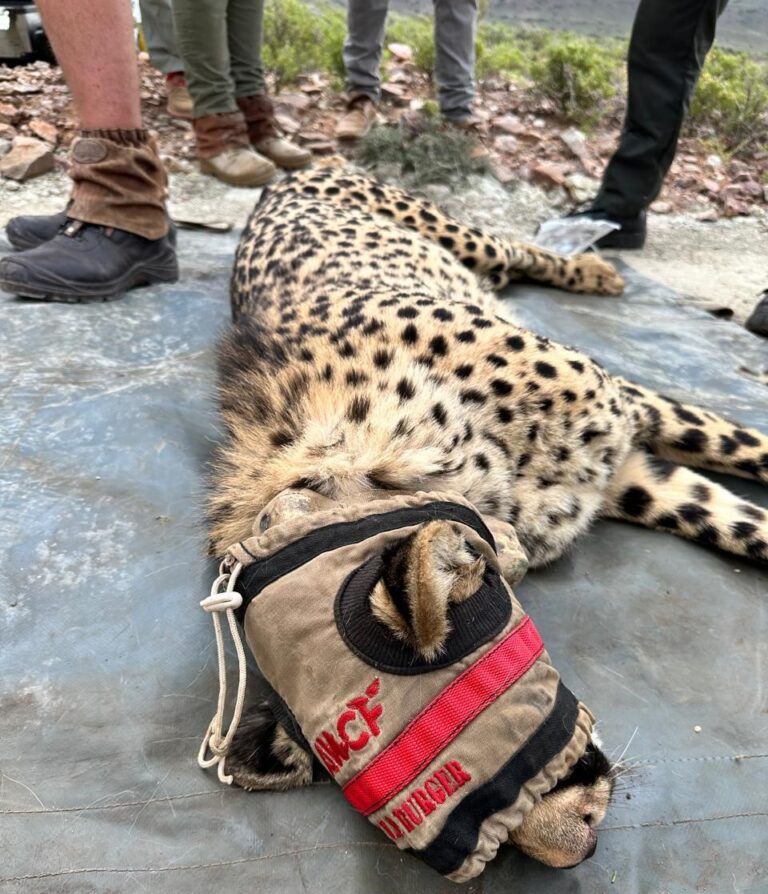
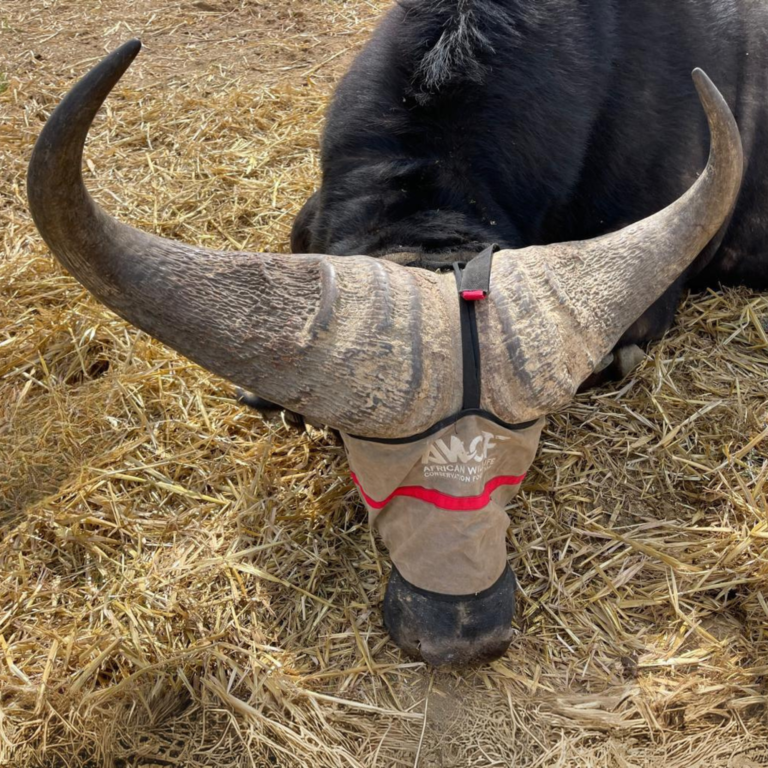

Animal Species Exposure
Both our Veterinary and Conservation programs offer immersive encounters with Africa’s most iconic wildlife. While the Veterinary Program includes advanced theoretical sessions and deeper involvement in medical procedures, the Conservation Program also provides meaningful hands-on experience in the field, with a focus on observation, ecology, and animal care.
Participants in both programs may have the opportunity to work with or observe:
- Terrestrial Species: Rhino, elephant, lion, giraffe, zebra, buffalo, and a variety of antelopes and carnivores.
- Other Wildlife: Depending on emergencies or planned procedures, you may also be involved in the care or monitoring of primates, small mammals, and birds.
- Occasional Marine Encounters: While not the focus of our new programs, marine species such as penguins, seabirds, and sea turtles may still appear during rescue or relocation missions, depending on season and need.
Program Structures
- Duration: Both the Veterinary Program and the Conservation Program run over 12 full working days, with a total of 14 days on site to allow for arrival, orientation, and departure.
- Delegates: Each session is limited to a maximum of 10 participants to ensure personalized mentoring and a high-quality learning environment.
- Location: The program takes place in Mossel Bay, along South Africa’s stunning Garden Route, a malaria-free region known for its rich biodiversity and safe, welcoming setting.
- Program Director: Dr. Willem Burger, founder of AWCF, leads the program with over 35 years of experience in wildlife veterinary medicine and a deep commitment to sustainable conservation.
- Program Coordinator: A French veterinarian based in South Africa and part of the WildestVet team, Dr. Eugénie Petges supports the program as a wildlife veterinarian and by translating theoretical lessons and guiding French- and Spanish-speaking participants, ensuring full access and understanding throughout
Why Choose Us?
- Reality-Based Learning: Participants are immersed in the practical realities of wildlife work in South Africa. Field activities may include immobilisation, clinical exams, monitoring, and habitat assessments, always under professional supervision.
- Expert Instructors: The program is led by Dr. Willem Burger, wildlife veterinarian with 35+ years of experience, and Dr. Eugénie Petges, French wildlife vet based in South Africa. Depending on the session, other professionals in ecology, conservation, or rehabilitation may also contribute.
- Comprehensive Training: * Each program combines theoretical lectures and practical sessions, adapted to participants’ level and interests. Topics may include pharmacology, species-specific pathology, ethics, conservation legislation, and more.
- Unique Bilateral Program: In 2026, two options are available: one focused on wildlife veterinary medicine, and another on conservation. While both include field experience and lectures, the conservation option explores broader ecological and management concepts, ideal for students interested in interdisciplinary careers. The veterinary track, meanwhile, offers in-depth clinical exposure to wild species, providing hands-on experience that is highly valued in veterinary applications and career development.
A Unique Ecological Setting
Based along South Africa’s Garden Route, between mountains and ocean, the program takes place in a region known for its exceptional biodiversity. While centered on terrestrial wildlife, students may also encounter marine or coastal species – such as seals or seabirds – making the experience even more diverse and enriching.
Ready to embark on this unforgettable Adventure?
Don’t miss this incredible opportunity to enhance your skills and make a significant impact on wildlife conservation.
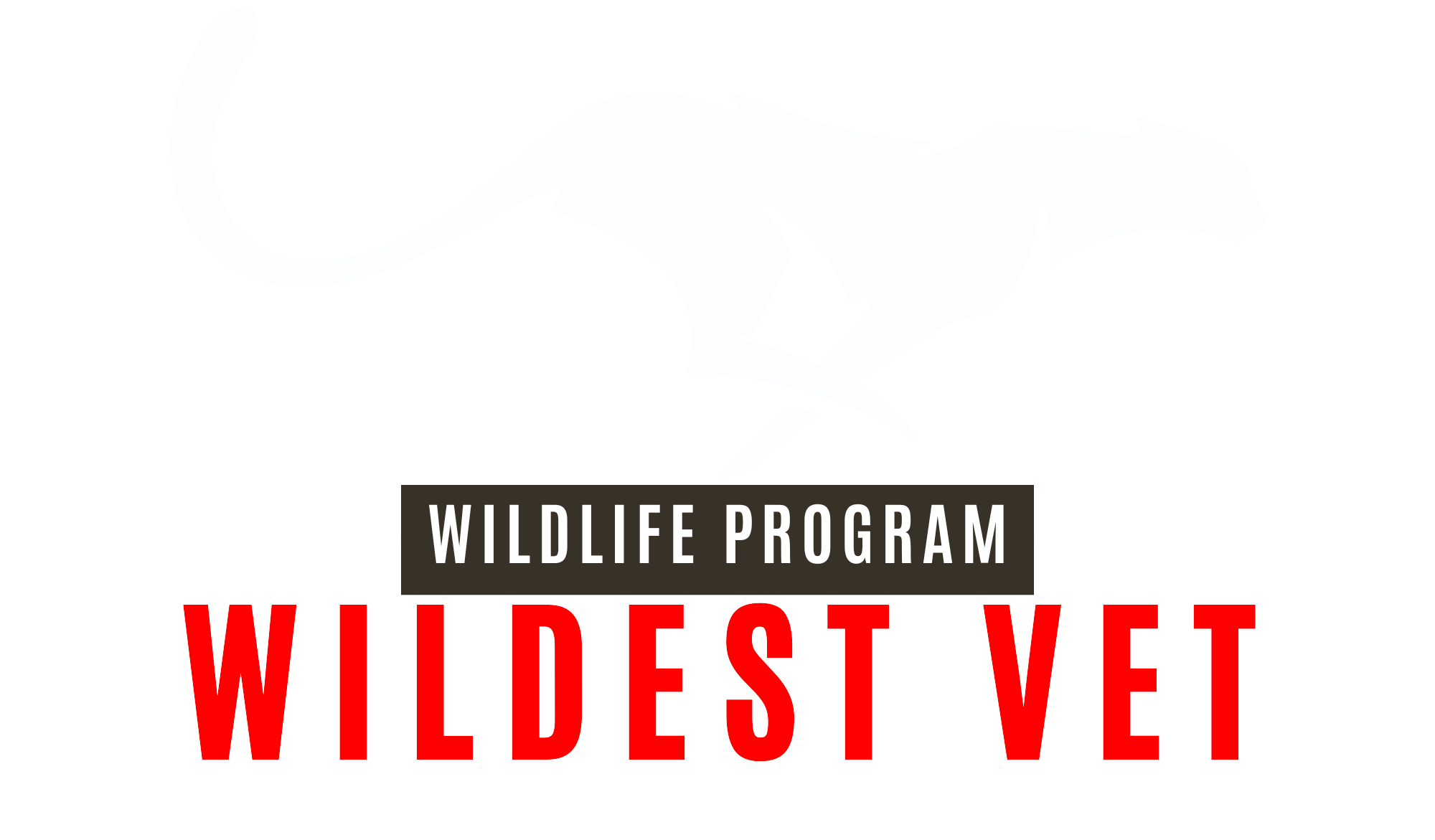
Contact us: [email protected]
PROGRAM DIRECTOR:
Dr Willem Burger
Wildlife Veterinarian
HOSTED IN COLLABORATION WITH:
